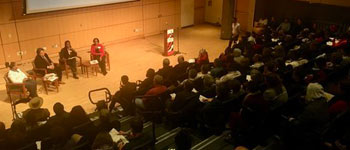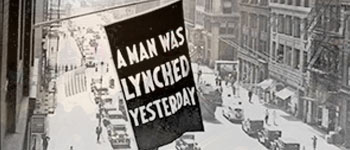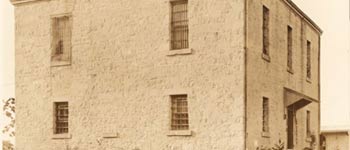Logistics Committee
Members of this committee include: Amy Millin (Chair), Lindsay Baker, Chris Haley, Elizabeth Hughes, Dr. Teisha Dupree-Wilson, and Maya Davis.
The Logistics Committee is charged with coordinating logistical matters associated with conducting the public forums called for in the legislation which created the Commission. This coordination may include areas such as venue/site selection, public outreach, recording the sessions, and ensuring accessibility. The Commission created the Logistics Committee to help work through the detailed coordination of the many aspects of the Commission’s work.
Reconciliation and Justice Committee
Members of this committee include: Nicholas Creary (Chair), Charles Chavis, Michelle Coles, David Fakunle, Chris Haley, and Carl Snowden.
The Reconciliation Committee is charged with making recommendations and developing an implementation plan for reconciliation and restorative justice for local communities and the state of Maryland around the legacy of racial terror lynching. This plan embraces a framework that views reconciliation and justice on a spectrum moving from minimalist to deliberative to maximalist processes of reconciliation.
Research Committee
Members of this committee include: David Armenti (Chair), Iris Barnes, Simone Barrett, Roger Davidson, Dr. Teisha Dupree-Wilson, Chris Haley, and Marshall Stevenson.
The Research Committee is charged with gathering information about each of the identified cases of racial terror lynching in Maryland. For the purposes of the committee’s work, racial terror lynching is defined as the unlawful killing of an African American by white mob violence, often with the apparent complicity of state and local officials, intended to incite racial terror and subservience to white supremacy. Information gathered by the Research Committee will provide a foreground of understanding for public hearings, and will be shared and interpreted, as appropriate, via the Commission website.



